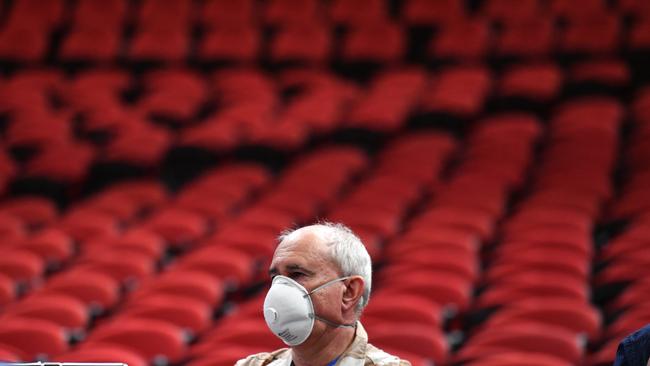
The handshake is dead, our borders have tightened, mass gatherings are banned, the elderly are in retreat, churches are closing, the MCG has emptied and the at-times absurd run on rice, pasta and Kleenex is as unstoppable as the coronavirus itself.
Australia, and the world it is tied to, not only changes in the short-term, but the country will probably never return to its old self.
The Industrial Revolution forced the world outside and off to work, and COVID-19 may well drive many back into their homes.
“We’re relying on that Australian spirit of looking after each other as we get through these difficult months,’’ Prime Minister Scott Morrison urged on Sunday shortly before the ban on non-essential gatherings of more than 500 people took effect. “Australians can deal with this.’’
Sport, that great Australian obsession, is emerging as the financial canary in the coronavirus coalmine, potentially for the entire, anaemic local economy.
“It could have catastrophic effects on us, moving forward,’’ said ARL Commission chairman Peter V’landys. “An Australia without rugby league is not Australia.’’
From Monday, league will be played without crowds, just like the AFL, with its clubs facing profound financial uncertainty due to the health crisis. AFL chief executive Gillon McLachlan has reportedly told the clubs to slash millions from their budgets.
There are more important things than sport and the weight of this crisis is in two spheres, one medical, the other the economy.
To curb the spread of the virus, the government has flagged a potential Italian-style lockdown in parts of Australia.
“Everything is up for consideration,’’ Chief Medical Officer Brendan Murphy told the ABC.
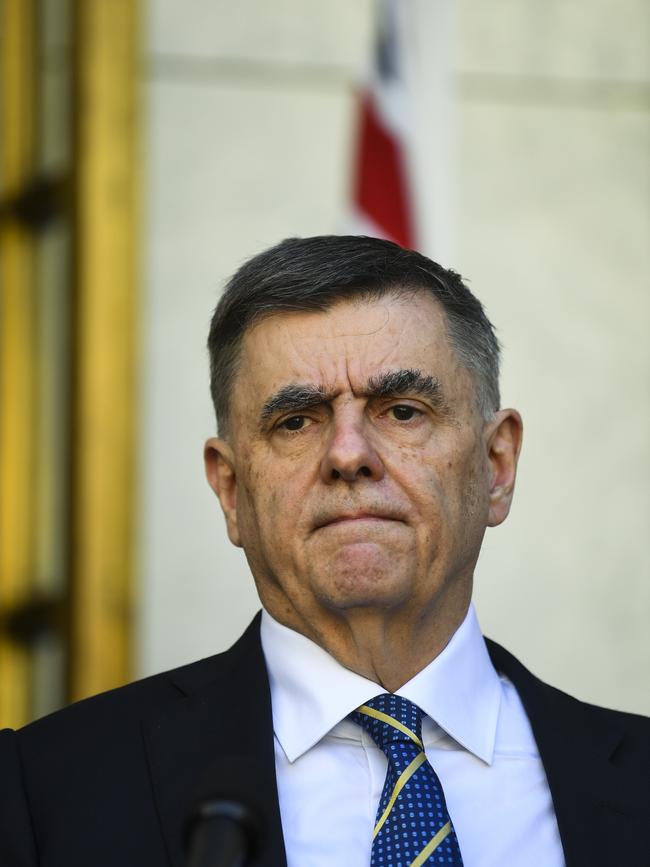
But the government has so far baulked at large-scale school closures, in part because children seem to be affected less by the virus. Also, because the act of leaving students at home can have a disastrous effect on the medical industry, which needs the hospital and clinical staff at hand, rather than babysitting.
“One of the interesting and positive aspects of this virus is that there have been very few reports of symptomatic infection in children,” Murphy said.
“What we don’t know is whether children are getting infected but just don’t get symptoms. They can still spread it or they’re not getting infected. The former is probably more likely.”
It seems as if the Prime Minister has deliberately placed the country on a quasi war footing.
Following New Zealand’s lead, Morrison announced all international travellers would be required to self-isolate for a fortnight when they land in Australia, facing financial penalties from the states if they ignore the requirement.
In a further, but probably necessary setback for the gutted travel industry, the Prime Minister also banned cruise ships from foreign ports for at least 30 days.
This will inevitably wreck another facet of the travel sector, which so desperately needs the capacity to look over the horizon to a more positive future.
The impact on many grassroots organisations will be profound, starting with the closure of the Sydney Easter Show, the cancelling of the Australian Formula One Grand Prix, and then hundreds of other festivals around Australia celebrating everything from comedy to flowers.
The window for abandoned events is wide, with Morrison warning that it could take six months to see off the virus crisis.
There will be hidden cost traps everywhere. Will they, for example, refund the Melbourne Cricket Club memberships, which can’t be used for the foreseeable future?
“Just because something is not necessary today doesn’t mean it won’t be necessary in three weeks from now or three months from now,’’ Morrison said.
“We’re going to have to get used to some more changes in the way we live our lives in the next six months or so.”
None of which addresses such fundamental questions as what this means for Australia’s $20bn-plus international education sector, which is likely to be further battered by the government’s virus announcements yesterday.
Travel, the other great victim of the crisis, is worth nearly $60bn to the economy and employs more than 5 per cent of all people, according to Tourism Australia.
Coles, meanwhile, has imposed limits on how much toilet paper, pasta, flour, rice, hand sanitiser and mince meat can be bought by customers, some of whom have loaded up with unbelievable amounts of the products.
The mince meat, presumably, is being stored in the deep freezes that have been roaring out of electrical stores at a great rate.
“We have significantly increased the number of team members working in our stores to support this level of unprecedented demand and are actively recruiting for more,’’ Coles said.
Finally, a coronavirus growth industry.


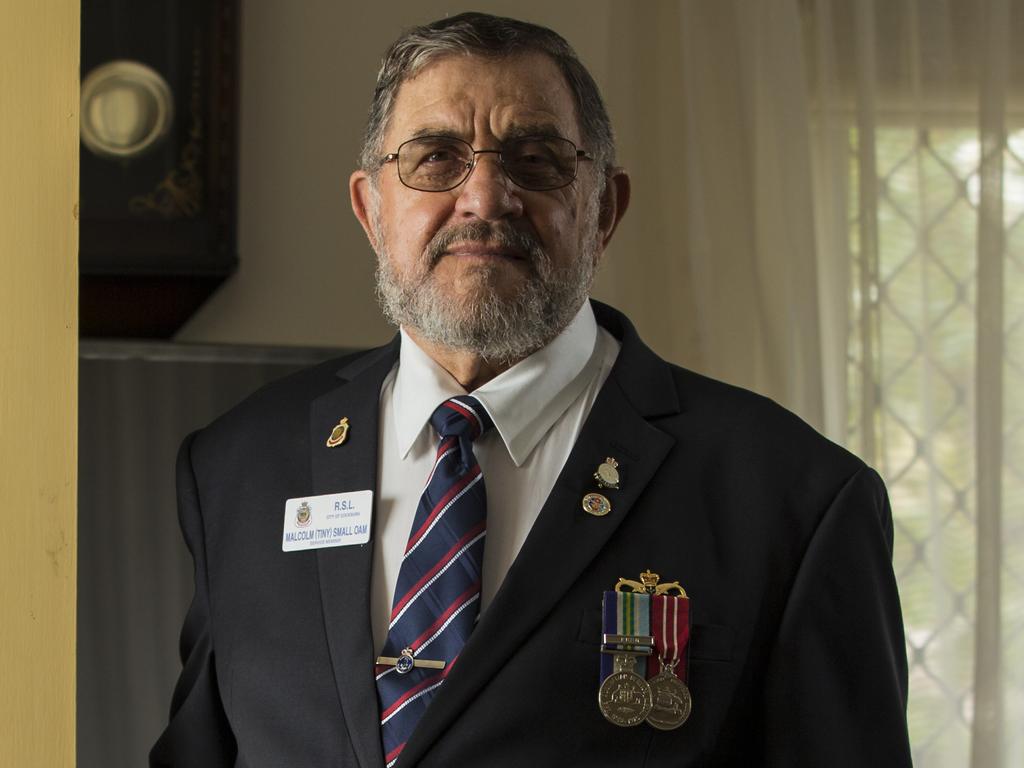
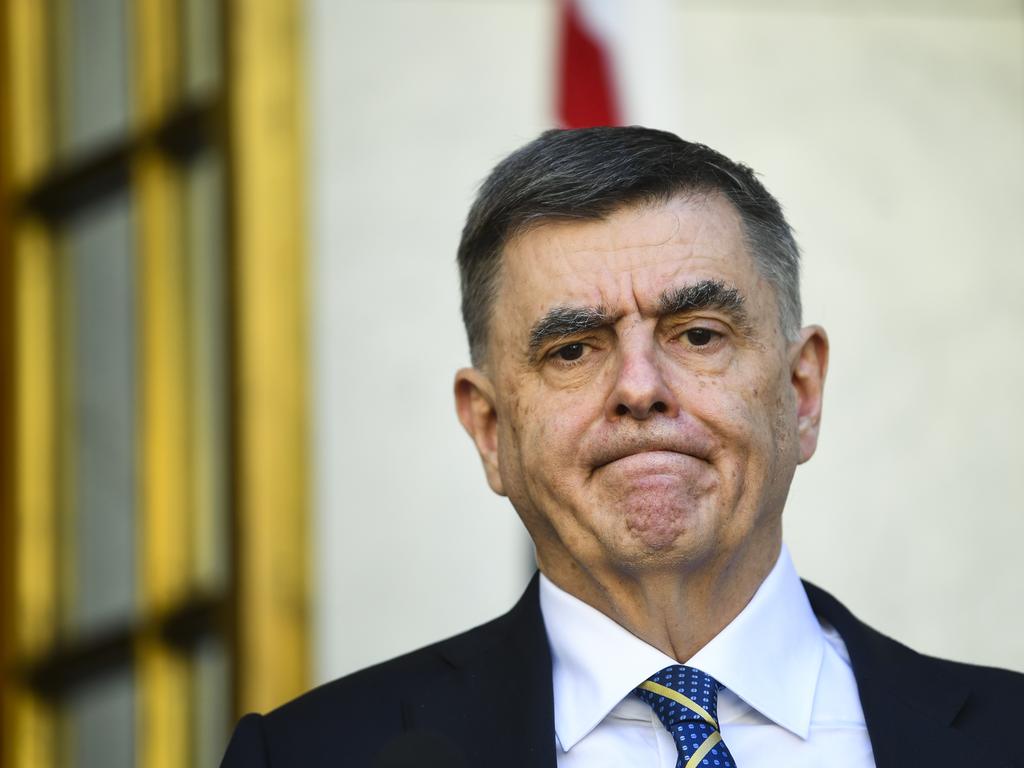
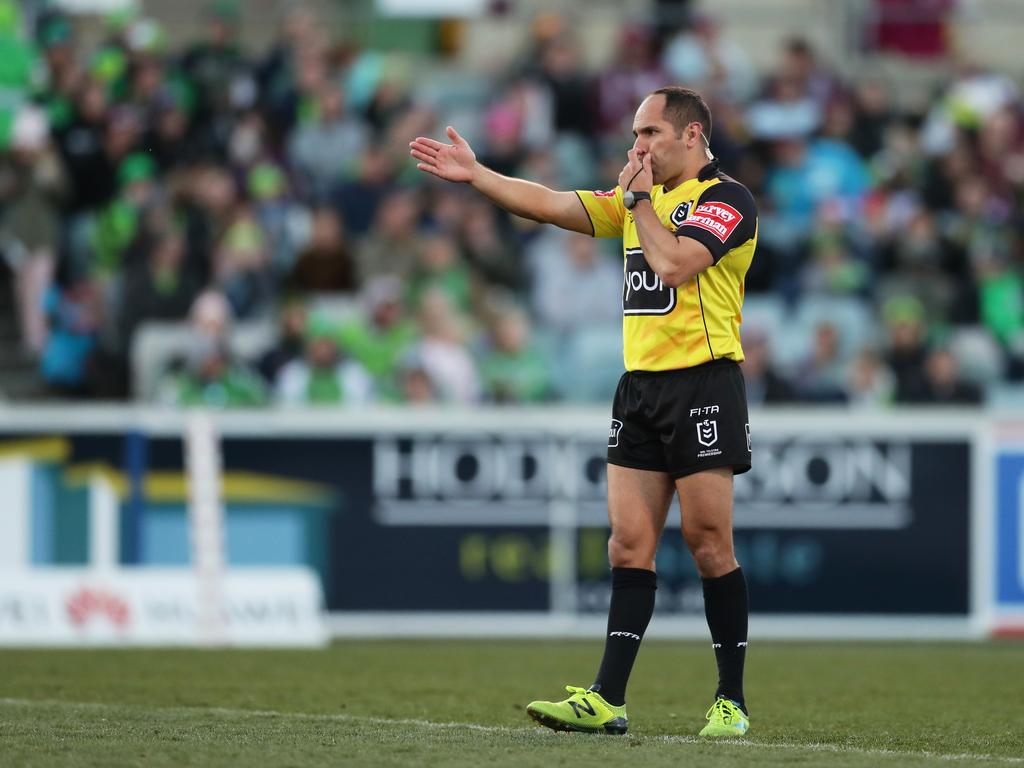


This is the moment Australia changes.